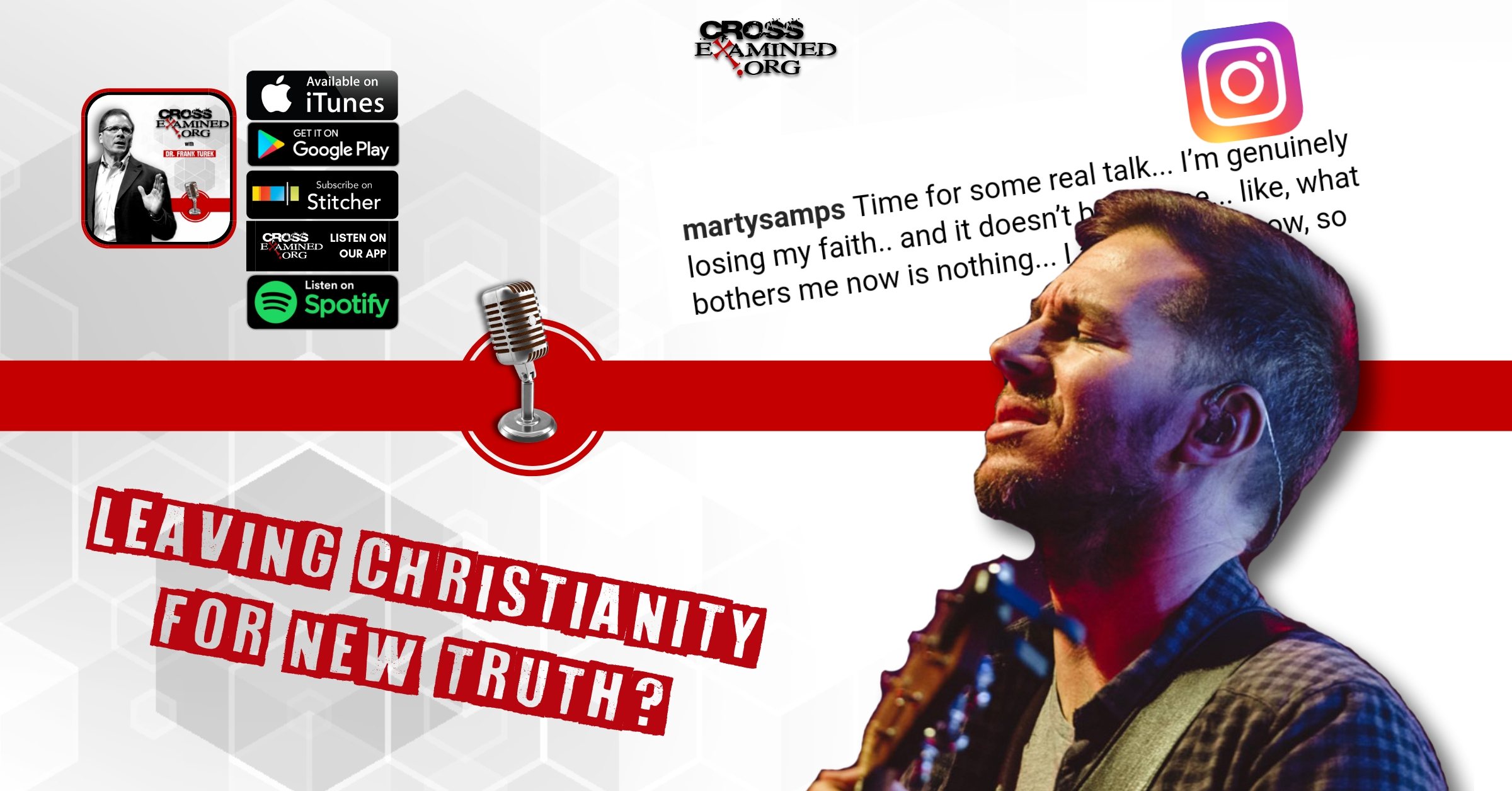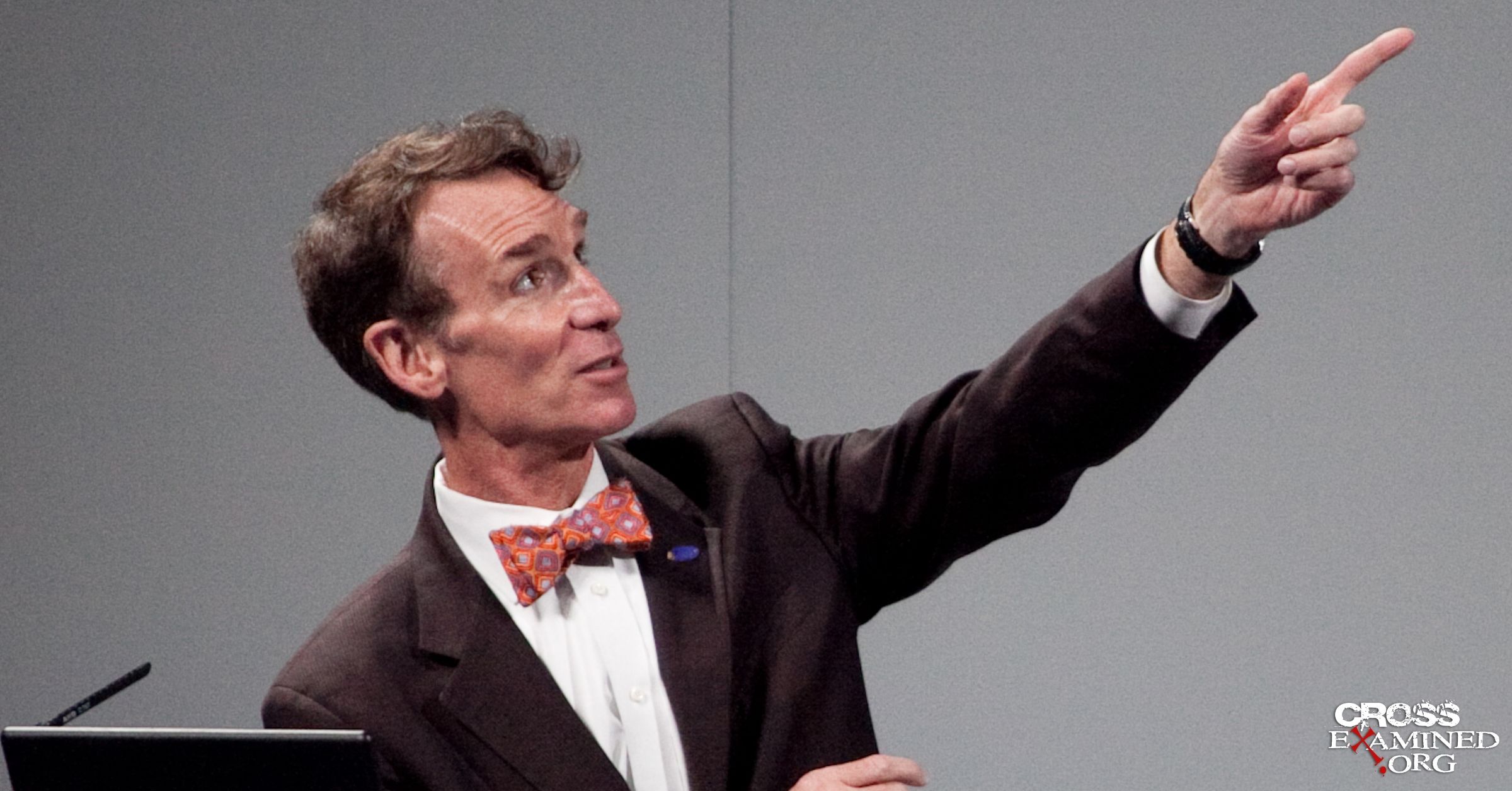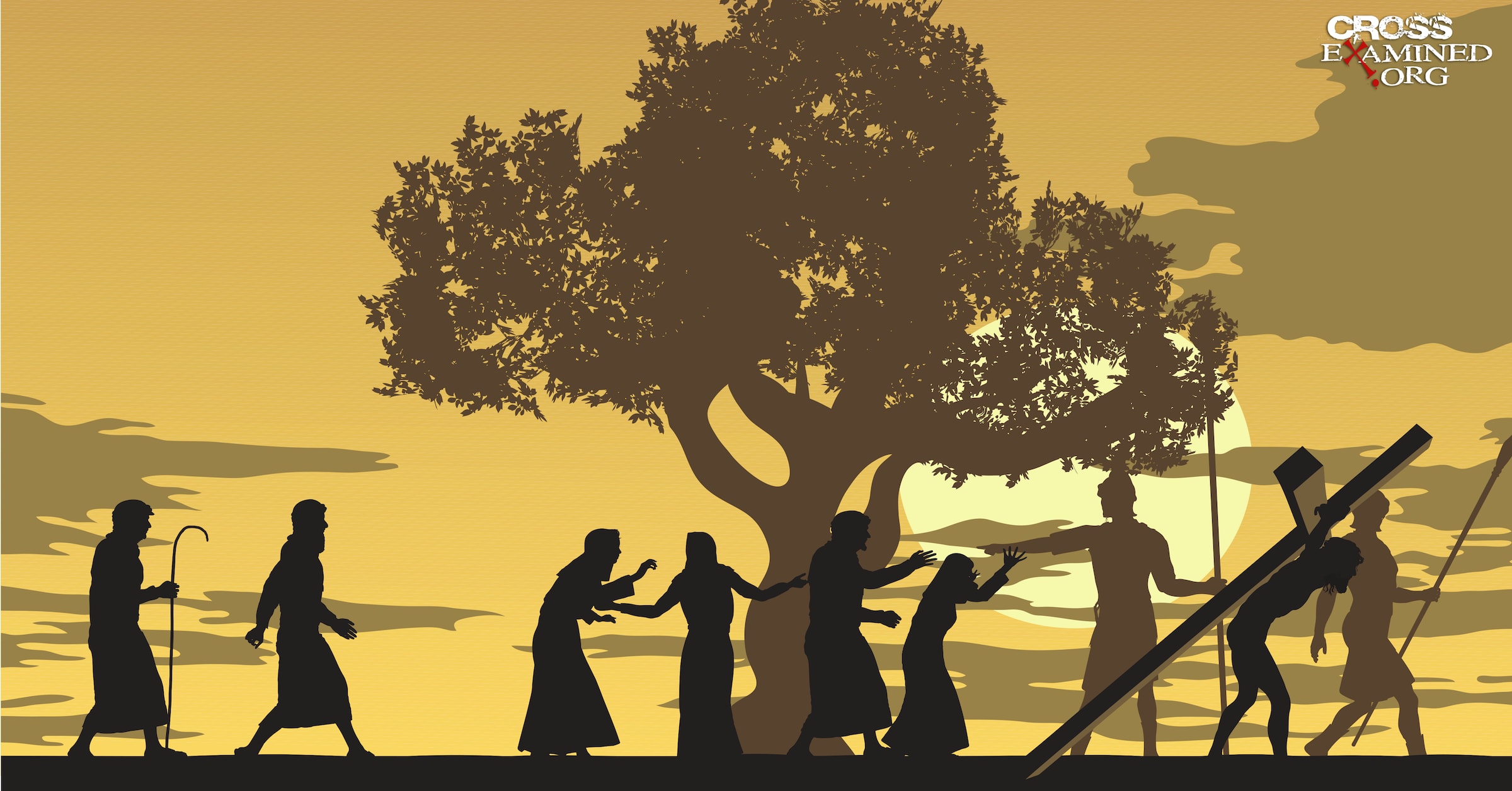There are two kinds of truth. One depends on our opinion of things. This is called subjective truth. The other depends on the way the world actually is. This is called objective truth. Most people never think about the difference between the two. And that makes any discussion of the concept of truth a difficult one to tackle. But we must tackle it. The way we understand truth impacts every aspect of our lives. And the way we answer life’s biggest questions depends on it implicitly. Truth is an objective feature of the world we live in. It’s foundational to reality itself.
Subjective Truth
When I say cookies and cream ice cream is the best kind of ice cream, that statement is true. For me. It’s my opinion. And my opinion may be completely different than yours. We are both subjects making observations about the world. But our observations about which flavor of ice cream is best say nothing about the nature of ice cream itself. They may be true statements, but they are only statements about us and our preferences. That’s why it’s called subjective truth.
Unfortunately, most people treat all truth the same way they treat their ice cream preferences. They’ll say things like, “Well, that may be true for you, but it’s not for me.” And while that’s a perfectly valid statement when it comes to our favorite kinds of ice cream, it’s wholly inadequate when it comes to our assessment of the nature of reality.
Objective Truth
Making claims regarding the nature of reality requires that we recognize a different kind of truth. It’s called objective truth. And it’s called that because it says something about objects outside of us. Objective things do not just exist inside our heads. They are real features of the real world.
For instance, if I say the Earth revolves around the Sun, I am making a statement about the nature of the Earth-Sun relationship. I am making a statement about an objective fact. My opinion about it doesn’t matter. Neither does yours. The only way to determine if the statement is true is to look at the objects themselves and see if what I say about them matches the way they really are. If it does match, I have made a true statement.
Think of it like gravity. You don’t have to believe in gravity. But saying you don’t believe in gravity doesn’t allow you to step off tall buildings without consequence. Gravity is an objective reality. It doesn’t matter if you believe in it or not. Objective truth is no different.
The Correspondence View Of Truth
This is called the “correspondence view” of truth. And the technical definition of it is this:
If what I believe about the world matches the way the world actually is, my belief about the world is true.
This way of understanding truth is perfectly natural. Our minds are wired to recognize it. You evaluate the world you live in using this definition of truth all the time. In fact, you’re unconsciously doing it right now. You’re reading these words and comparing what the words say to the reality you experience every day. You do that because you are a truth-seeking being. Your Maker made you that way. You want to know the truth. And you don’t (at least, you shouldn’t) accept things other people say unless they correspond to reality.
The truth is out there. And we are made to find it.
Alignment with The Truth
We really can’t escape the truth. Even someone who says, “There is no truth!” is making a truth claim about the world. They are saying that “there is no truth” … is a true statement.
Living in the real world requires that we recognize this definition of truth. We should be doing all we can to align our beliefs with the fixed features of that world. Those features are external to us. We don’t create them. We discover them. And we rely on them to keep us safe. We do it all the time.
If you’re about to step out into the street, you look both ways for a reason. You want to know the truth about whether a car may run you over. Knowing true things means properly aligning yourself with reality. If you believe something false about the world — if you deny reality — we have a word for that. It’s called being deluded. And being deluded will quickly get you in trouble.
False beliefs lead us to act in defiance of the way the world actually works. And that’s why we need to know the objective truth about the existence and nature of God, and our relationship with Him.
A Post-Truth Culture
Most people do not believe in objective truth. In fact, in 2016, the Oxford Dictionary Word of the Year was “post-truth.” Some say we live in a post-truth culture. This becomes especially evident when the subject of moral truth comes up. But the answers to life’s most important questions depend on us finding the truth. In fact, the truth lies at the heart of the Christian worldview. And that means Christianity doesn’t allow us to accept the assumptions or demands of a “post-truth” culture.
The Truth of Christianity
Whatever belief system you hold to should reflect the way the world actually is. This is why I believe in Christianity. Not because it “works for me.” And not because it makes my life easier. Christianity doesn’t claim it will do either of those things. It actually warns us of the opposite.
What Christianity does do is offer the most reasonable explanation for the origin and nature of the universe. And it offers the most reasonable explanation for the origin and nature of the human beings who inhabit that universe.
Christianity corresponds to reality. More than any other religion, it makes sense of the world. I believe in Christianity because it’s true. Or, as my favorite Christian apologist put it:
“I believe in Christianity as I believe the Sun has risen;
not only because I see it, but because by it I see everything else.”
C. S. Lewis
This video by J. Warner Wallace gives a quick overview of how to think about the difference between objective and subjective truth…
Bob Perry is a Christian apologetics writer, teacher, and speaker who blogs about Christianity and the culture at: truehorizon.org. He is a Contributing Writer for the Christian Research Journal, and has also been published in Touchstone, and Salvo. Bob is a professional aviator with 37 years of military and commercial flying experience. He has a B.S., Aerospace Engineering from the U. S. Naval Academy, and a M.A., Christian Apologetics from Biola University. He has been married to his high school sweetheart since 1985. They have five grown sons.
Original Blog Source: http://bit.ly/33LF1qT











